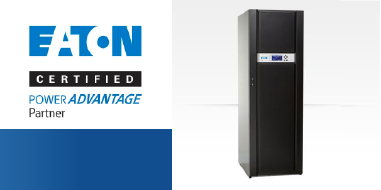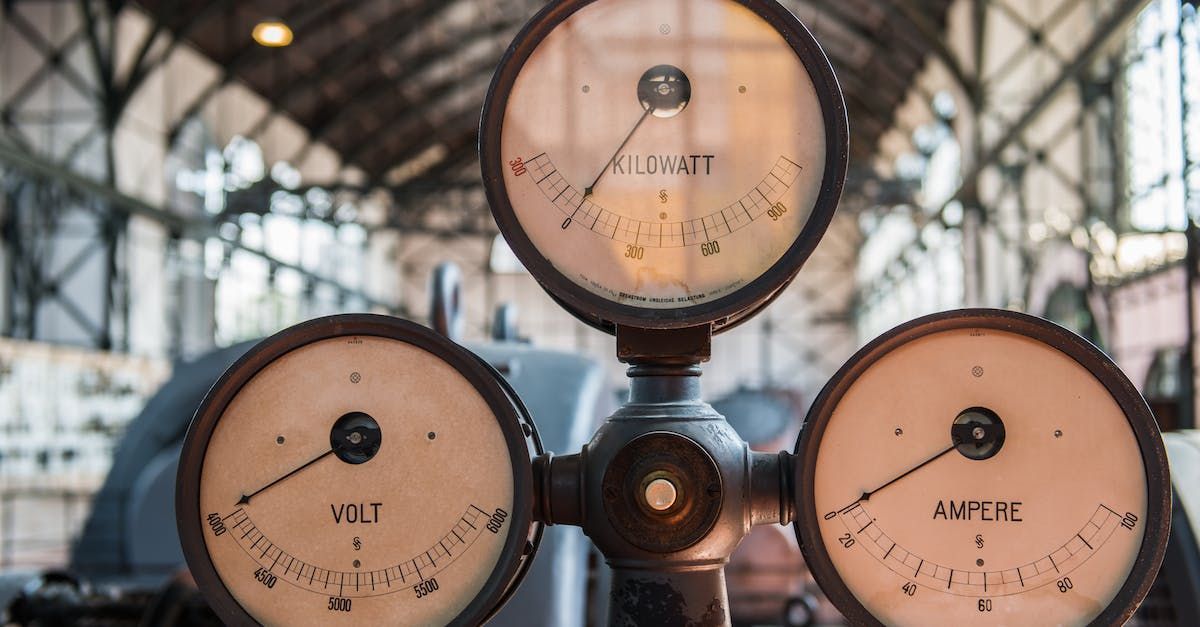UPS for Industrial Applications: How to Choose the Best High-Quality Systems For Your Facility
Share this article:
Industrial facilities today can withstand less power disturbance than industry of the past. The new industrial facility has Variable Frequency Drives (VFD), Computer Robotics, and more intricate computer driven processes such as 3D printing. Accordingly, the need for high quality power systems has become more important than ever. Below, we’ll cover how to choose the best power systems for your industrial facility, including specific products, factors to consider, and more.
What Power Backup System do I choose for my Industrial Facility?
The answer to this question lies in what kind of processes you have. And in many cases, it is a 2- or 3-part answer. Many industrial facilities require a computer processing component, the physical manufacturing component, and then a supplemental cooling or fan component. The ultimate choice of proper power backup will depend on which of those components you wish to back up.
Determining Which Type of UPS is Best for Your Facility
A traditional UPS system that was originally designed for data centers will perform well as support for computer processes integral to the manufacturing process. However, it will not do a good job supporting the mechanical and physical process type loads, or high inrush loads such as cooling systems. There will be a combination of systems needed to properly support all the loads deemed critical in the facility.
There are three categories of UPS Systems to choose from:
- Traditional IGBT Data Center UPS – The Insulated Gate Bipolar Transistorized Inverter system is the standard for today’s data center UPS system. It provides a smaller footprint than its predecessor “Transformer Based UPS”. It is more efficient and gives off less heat. Therefore, your traditional UPS system solution will use this technology. And is specifically designed for computer-based loads.
- Traditional IGBT Data Center UPS – The Insulated Gate Bipolar Transistorized Inverter system is the standard for today’s data center UPS system. It provides a smaller footprint than its predecessor “Transformer Based UPS”. It is more efficient and gives off less heat. Therefore, your traditional UPS system solution will use this technology. And is specifically designed for computer-based loads.
- Traditional IGBT Data Center UPS – The Insulated Gate Bipolar Transistorized Inverter system is the standard for today’s data center UPS system. It provides a smaller footprint than its predecessor “Transformer Based UPS”. It is more efficient and gives off less heat. Therefore, your traditional UPS system solution will use this technology. And is specifically designed for computer-based loads.
Industrial UPS System Sizing, Planning, and Installation
How do I size an Industrial UPS System?
The sizing of an industrial UPS system will depend on a several of components:
- Available electrical power capacity within your facility.
- Load characteristics of the support equipment
- Projection for growth of supported loads to accommodate future needs
You will want to avoid “under-sizing” or sizing a system too close to the size of the supported loads for several reasons. All UPS systems need to be oversized to an extent. For example, choosing a UPS which is too close to the size of the supported loads will mean your system runs near full capacity, which can cause unnecessary strain on the equipment and lower the lifespan of the system. A proper analysis of the load, the full load draw, and the dynamic nature of the loads all contribute to a sizing decision.
How do I plan for an Industrial UPS System?
The planning process will include an analysis of space, location to electrical, and how the system will distribute support to protected loads.
In terms of location, there are a couple different places to install your UPS. You can install a local UPS system directly at the equipment you are backing up. You also can provide a larger sized system at the point of electrical distribution. You can size an industrial UPS system to support your entire facility at the utility service entrance. This will provide the most bang for your buck and pick up all your loads in the facility.
Installation of an Industrial UPS System
The installation planning process will require a licensed electrical contractor to install the properly sized distribution breakers ahead of the system. It is recommended that a maintenance bypass system be installed to be able to bypass the UPS system in cases of maintenance, repair, or replacement without disrupting the supported loads. The environment should be considered as the UPS and batteries will require an appropriate temperature range in the facility. At times, a separate enclosure or room will be constructed to provide cooling and clean air. Outdoor enclosures work and are available to separate the UPS System and batteries from the industrial environment.
Industrial UPS Systems at Eaton UPS Systems
Eaton UPS Systems provides a wide range of UPS battery backup solutions including Industrial UPS Systems, Sizing, Installation Planning and Turn-Key Installation Services.
To inquire about Industrial UPS Systems for your facility visit industrialupssystems.com, or Call your representative at (844) 255-6030.




